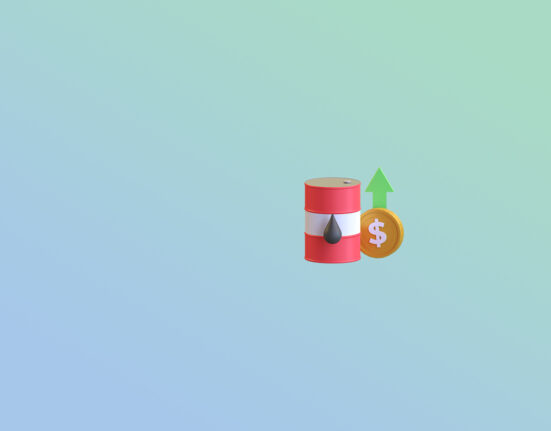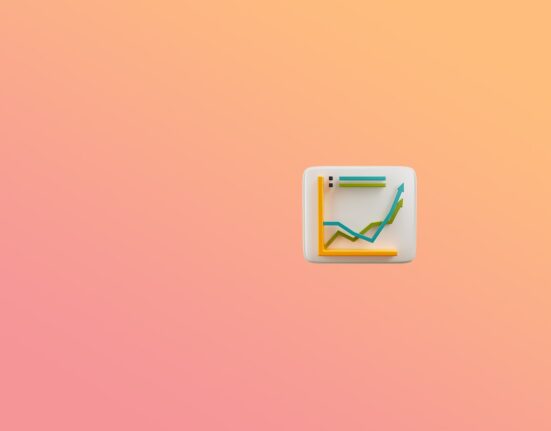CFD trading, or Contract for Difference trading, is a type of derivative trading that allows investors to speculate on the price movements of financial instruments, such as currencies, stocks, indices, and commodities, without actually owning the underlying asset.
One of the benefits of CFD trading is that it allows investors to trade on margin, which means that they can control a larger amount of assets than they would be able to with their initial investment. However, it also means that there is a higher risk of loss if the market moves against their position.
CFD trading is typically conducted through online trading platforms, which offer a range of tools and resources to help investors make informed trading decisions. It is important for investors to have a solid understanding of CFD trading, as well as the underlying financial instruments they are trading, in order to manage risk effectively and make profitable trades.
Benefits and Drawbacks of CFD Trading
CFD trading seems to be the most secure form of trading when compared to other types, yet everything can come with its own package of advantages and disadvantages;
| Benefits | Drawbacks |
| Access to a wide range of markets – CFDs allow traders to gain exposure to a variety of markets, including equities, currencies, commodities, and indices, all from a single trading platform. | High risk – CFD trading is a high-risk form of trading that can result in significant losses. Traders can lose more than their initial investment, and the use of leverage can amplify these losses. |
| Trading on margin – CFD trading allows traders to leverage their trades, which means they can control larger positions with a smaller amount of capital. This can result in potentially higher returns, although it also increases the risk of losses. | Counterparty risk – CFD trading involves trading with a CFD provider, which means that traders are exposed to counterparty risk. If the CFD provider goes bankrupt, traders may lose their funds. |
| Ability to go long or short – Unlike traditional investing, CFD trading allows traders to profit from both rising and falling markets. This means that traders can benefit from market volatility and take advantage of short-term price movements. | Fees and commissions – CFD trading can be expensive, as traders are charged fees and commissions on their trades, as well as overnight financing charges if they hold positions overnight. |
| No ownership of the underlying asset – With CFD trading, traders do not actually own the underlying asset they are trading, which means they can avoid the costs and complications associated with buying and holding physical assets. | Complex instruments – CFDs can be complex financial instruments that require a high level of understanding. Traders need to have a solid understanding of the underlying market they are trading and the risks associated with CFD trading. |
| Flexibility – CFD trading allows traders to enter and exit trades quickly and easily, as there are no restrictions on when they can buy or sell. Additionally, traders can use a range of trading strategies to suit their individual preferences and risk tolerance levels. | Emotional trading – CFD trading can be highly emotional, and traders need to be able to manage their emotions effectively to avoid making impulsive trades that can lead to losses. |
Why Recommend CFD Trading?
As discusses earlier, CFD trading can be a useful tool for experienced traders looking to gain exposure to a variety of markets and assets. The ability to trade on margin and profit from both rising and falling markets can offer the potential for high returns, although this comes with a high level of risk.
It is important for traders to have a solid understanding of the risks and disadvantages associated with CFD trading, as well as the underlying assets they are trading, in order to make informed trading decisions.
Additionally, traders should choose a reputable and regulated CFD provider, and should only trade with funds they can afford to lose. Overall, CFD trading can be a profitable and flexible form of trading, but it is not suitable for all investors and requires a high level of skill and discipline to be successful.












